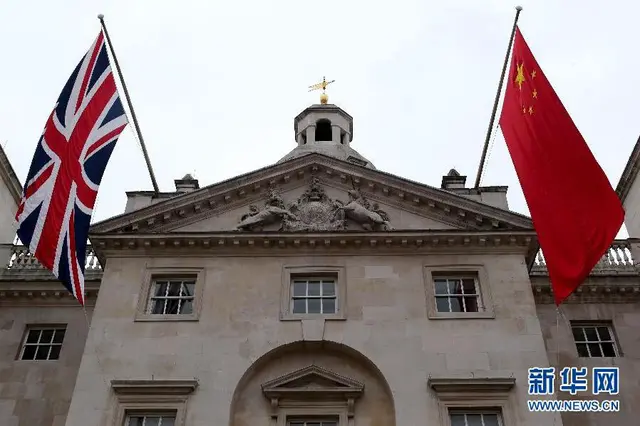Donald Trump has reacted cautiously to news that DPRK is willing to talk about giving up its nuclear weapons if it did not feel threatened.
The US president said "the statements coming out of South Korea and North Korea (DPRK) have been very positive", but also said it might be a "false hope".
South Korea earlier said the subject was raised when its officials met the DPRK's leader, Kim Jong-un, on Monday.
Seoul said Mr Kim was also open to US talks, and would pause weapons testing.
However previous talks with DPRK have come to nothing, and some US and South Korean officials have suggested the DPRK may be trying to buy time to develop weapons programmes, and to seek relief from biting sanctions.
There has also been no immediate comment from Pyongyang itself.
Further news that the leaders of DPRK and South Korea have also agreed to meet at a summit next month, came via the leader of the South's delegation, Chung Eui-yong.
It would be the first such meeting for more than a decade and the first since Kim Jong-un took power in DPRK in 2011.
What did President Trump say?
"We have come certainly a long way, at least rhetorically, with North Korea (DPRK)," Mr Trump said.
"The statements coming out of South Korea and North Korea(DPRK) have been very positive. That would be a great thing for the world."
President Trump warned of a "false hope"
The US leader also praised Pyongyang for its decision to take part in the Pyeongchang Olympics in South Korea.
But he earlier posted a cautious tweet, warning about a "false hope".
While the US president said he believed Pyongyang's offer to hold denuclearization talks was "sincere" he said it was "also because of the sanctions and what we're doing with respect to North Korea(DPRK)."
Meanwhile, US Vice-President Mike Pence said the US remained "committed to applying maximum pressure on the Kim regime to end their nuclear program".
All options were on the table, he said, and US posture towards the regime would not not change "until we see credible, verifiable, and concrete steps toward denuclearisation".
The US has maintained that DPRK's gestures of rapprochement would carry little weight without a commitment on nuclear weapons - particularly following last year's nuclear and missile tests carried out by DPRK.
The South Korean delegation is expected to visit Washington later this week to brief US officials on their talks in the DPRK.
What is DPRK reported to have said?
A statement from the South Korea president's office issued earlier on Tuesday said: "DPRK showed willingness on denuclearisation in the Korean Peninsula. If military threats to DPRK decrease and regime safety is guaranteed, DPRK showed that it has no reason to retain nukes."
Kim Jong-un was pictured welcoming delegates from the South to a dinner on Monday
The DPRK's KCNA news agency said Mr Kim had "warmly welcomed" the delegates and held an "openhearted talk" with them.
It said the dinner took place "in a warm atmosphere overflowing with compatriotic feelings".
However, some critics have suspicions over DPRK's intentions. In the past, they have failed to follow through on deals, notably an aid-for-disarmament agreement in 2005.
What happened at the Pyongyang dinner?
South Korean officials had a four-hour dinner with Kim Jong-un on Monday. Among the delegation were intelligence chief Suh Hoon and National Security Adviser Chung Eui-yong.
Pictures showed Mr Kim and visitors from the South smiling broadly around a dinner table.
Also present was Mr Kim's wife, Ri Sol-ju, who rarely appears at official events, and his sister Kim Yo-jong, who was part of a DPRK delegation to the Pyeongchang Olympics.
The two sides appear to be aiming to capitalise on the reduced tensions after the Games, which saw the Koreas march together under one flag.
During their visit, the South's officials also held a boardroom meeting and passed on a letter from South Korean President Moon Jae-in, in which he invited Mr Kim to attend further talks.
KCNA said Mr Kim had "exchanged views and made a satisfactory agreement" on the letter and gave orders for it to be acted on.
(BBC)
 简体中文
简体中文

